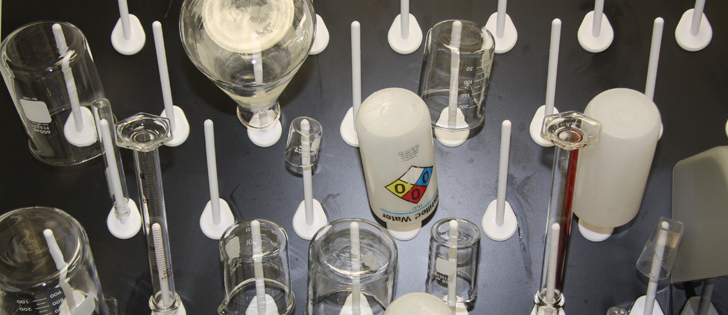Insight can arrive at the strangest times. I learned that in December of 2015 when I was working on a story about snow and the notion that Canada’s Inuit have dozens of words for snow.
As part of the piece, I interviewed Graham Nesbitt, who worked at an Inuit cultural centre in Iqaluit.
He said there probably aren’t 50 words for snow in Inuktitut, but that truth is irrelevant.
“It almost doesn’t matter anymore. People believe there are. So, there are.”
Nesbitt’s comment reminded me of something that Joe Schwarcz told me in 2013. Schwarcz is director of the Office of Science and Society at McGill University and the author of several best-selling books on science.
Read Also

Proactive approach best bet with looming catastrophes
The Pan-Canadian Action Plan on African swine fever has been developed to avoid the worst case scenario — a total loss ofmarket access.
Schwarcz and I talked about using pesticides on lawns, public parks and gardens.
“In the public eye, things become true by repetition,” he said. “(If) you repeat the idea that pesticides are killing our children often enough, then people, of course, start to get anxious.”
Their two comments help me understand, somewhat, the ferocious debate in Europe over the safety of glyphosate, the active ingredient in Roundup and the most popular herbicide in the world.
Many toxicologists condemned the decision as absurd and biased. Regulatory bodies around the globe, including the European Chemicals Agency and the European Food Safety Authority, have studied the herbicide and concluded it’s not a cancer risk.
Some experts have alleged fraud – that IARC scientists ignored or manipulated data showing that glyphosate is safe.
A Reuters’ story in October gave credence to those suspicions. Journalists at Reuters reviewed a draft version of the IARC decision and found that panel scientists made “significant changes” from the draft to the published report.
Reuters identified multiple mentions in the draft report of studies that concluded glyphosate does not cause cancer. In the final report, those findings were deleted or replaced with conclusions that glyphosate might cause or does cause cancer.
The news of scientific prejudice, on top of the body of evidence showing the herbicide is safe, should have ended the political rancor over glyphosate in Europe.
It didn’t.
A few days after the Reuters’ story the European Parliament voted, 355 to 204, to ban the use of glyphosate by 2022.
However, that’s not the final word on the matter
The European Commission, the executive branch of the EU, has proposed to extend the herbicide’s registration for five more years.
The European madness makes more sense if Schwarcz and Nesbitt are correct. That is, if you say something enough times it becomes gospel.
Thanks to wondrous platforms like Twitter and Facebook it’s now possible to say “glyphosate probably causes cancer” fifty million times in a month.
In response to such viral misinformation, Canada’s ag leaders usually respond with: we need to talk more about the science of agriculture.
One problem. That does little to nothing.
“It only took me 12 years, of really working hard to share science and give people facts, to realize that it wasn’t working,” said Kevin Folta, professor and chair of the University of Florida horticultural sciences department and a science communicator who talks about genetically modified foods and modern agriculture.
Another familiar response is that Europe is different. That sort of anti-pesticide campaign and political interference can’t happen here.
Not true.
Most entomologists and bee experts say neonicotinoids, a class of insecticides, play a small role in bee colony losses in Canada. The analogy I’ve heard is it’s like a boat with 20 holes in the bottom, with neonics representing one hole.
Patch that hole and you still have 19 holes.
In the face of that expert opinion, the Ontario government introduced regulations in 2015 to restrict the use of neonic seed treatments on corn and soybeans.
The province of Ontario was pressured into the decision because the phrase “bee killing pesticides” was repeated in the traditional media and on social media millions of times.
After enough repetition, it eventually became the so-called “truth”.
If repetition of misinformation can sway politicians and the public, Canadian farmers must depend on scientists at regulatory bodies, like the Pest Management Regulatory Agency.
If the PMRA sticks to the science and resists the madness of crowds, it will continue to permit the use of glyphosate in Canada.
But if Europe does ban glyphosate all bets are off the table.
Because the anti-agriculture crowd will unveil a new slogan that will be repeated a billion times on the Internet: “Europe banned glyphosate, so it must be bad.”
Contact robert.arnason@producer.com


















